Tekken 8 Review – A fighter worthy of the King of Iron Fist title
A high-octane, genre-defining fighting game.
As a long-time arcade-goer, Tekken is a series near and dear to me. I wasn’t a fan of Tekken 8’s pre-release material, and some of the roided-out character intros didn’t appeal to me.
RECOMMENDED VIDEOS
After over 30 hours, I’m thrilled to say my concerns were misplaced, and Tekken 8 is becoming my favorite entry in the series.
Welcome to the King of Iron Fist Tournament
The Tekken Team has the undesirable job of trying to make one of the most complicated fighting games on the market accessible for newcomers. They mostly succeeded, and Tekken 8 is a complete package anyone can enjoy, from the most die-hard strategist to the most vehement button masher.
While sweaty Tekken fanatics like myself will find most of their enjoyment online, a significant portion of the player base is not interested in fighting other players. If you’re in that camp, there’s still plenty for you to enjoy in Tekken 8, starting with the story.
Tekken 8 has a cinematic story mode that tells a grand tale while you control fighters in crucial battles. It feels like the gloves are off, and the characters feel less like martial artists and more like superheroes with power levels akin to the Avengers. Tekken has been teetering on this edge for a while, and I’m here for it! The story mode lets you play as many different characters, but ultimately, this is Jin’s story, and you spend most of your time playing as him.
This mode is quite short; I beat it in about 3 hours, but it’s over the top and feels like a real coming-of-age anime arc.
Once you’ve had your fill of the Jin/Kazuya feud, there are individual character stories — Arcade Quest mode — and a limitless supply of “ghosts” to battle. I’ll touch on the Arcade Quest a little later, but as an offline warrior who enjoys fighting CPU opponents, there’s a respectable amount of content. The Super Ghost Battle mode is interesting as it supposedly learns your playstyle so you can fight against yourself. I’m a little dubious about how well this works as I rarely had trouble beating my ghost (maybe I’m just bad). Still, it’s a fun inclusion to an already stacked lineup of modes and activities.
Strength in diversity
The Tekken roster has fighters from all over the world. For example, Lili is French, Hwoarang is Korean, and Jin is Japanese. To that end, seeing each character voiced in those respective languages is very refreshing. Even in the story mode, fighters speak in their native tongues, and the player has to read the subtitles. I adore this, even if it implies that every Tekken fighter is a master linguist.
Your main never looked so good
Tekken 7 came out nearly a decade ago, so it’s no surprise that Tekken 8 has marked graphical improvements. I have a pretty beefy PC and can run Tekken 8 flawlessly on Ultra, and the visuals are staggering. The fighters look gorgeous, and the dirt and grime they pick up after a hard-fought battle are some of the most realistic I’ve seen.
The stunning visuals extend to the stages themselves. Fallen Destiny, for example, has a tornado looming over the sea on one side and burning trees on the other. There are particle effects all over the place; it’s raining, and the fighters’ clothes flap in the wind.
Tekken never misses the opportunity to add visual flair to attacks, and that’s no exception here. I probably sound like a rabid fanboy, but I’m blown away by how good Tekken 8 looks.
Any decent fighting game player will tell you the importance of a solid frame rate. Especially in Tekken, where we rely on frame data. I’m thrilled to say Tekken 8 feels extremely well-optimized on PC. Even with the graphics cranked up, I have zero complaints.
On that note, I have no idea what it’s like to be color blind, but there are some robust color blindness options. It’s not something I can meaningfully comment on, but accessibility features like this are always a good thing.
It’s time to turn up the heat
Tekken is a 3D fighting game and can be jarring if you’re coming from 2D fighters like Street Fighter. Combat and movement feel even smoother than in Tekken 7, and there’s a clear playstyle shift toward aggression. Considering how approachable Tekken 8 tries to be, I’m surprised at how complicated the new Heat mechanic is. Heat allows you to extend combos and enhance specific moves, and it has a ton of freeform utility.
It’s a staple of the series, but combos are satisfying to pull off and just as miserable to get hit by. Regular Tekken 7 gameplay is mostly intact, although many characters have plenty of new moves.
It’s time to hit the lab, buddy
The consensus with fighting games typically plays out like this: new players pick them up, get battered online, and leave for greener pastures. This is doubly true for Tekken 8, as online is a bloodbath. Even in unranked matches, I had players rage-quit against me when they started to lose, which is a real shame. I think this will always happen, but Tekken 8 has a ton of tools to soften the blow for newbies.
Like Capcom’s Street Fighter 6, there’s a simplified controls option. It doesn’t feel as strong as it does in Street Fighter, although your mileage may vary.
Practice mode is superb and is a dramatic improvement from Tekken 7. There’s “Punishment Training” to learn how to capitalize after blocking an attack. I love the addition of footnotes on moves which explain essential features. The sample combos even explain where you may need to move between inputs, something sorely missing from Tekken 8’s predecessor.
For players who want to learn more intricate stuff, frame data is available and turned on by default. I would have liked to see this explained better for new players. I still feel like I only understand it because I watched YouTube videos about it, but it’s a start.
My favorite practice tool is the Replay system, which is probably the most helpful I’ve seen in a fighting game. Every match is saved, and you can play them back while the game suggests what you could have done differently. From someone who used to record all their matches to try and improve, this is a phenomenal training aid.
If you’re not ready for online, how about the arcade?
To round up Tekken 8’s teaching tools, the Arcade Quest mode is a glorified tutorial with a mini story and cute avatars. This mode teaches Tekken 8 essentials, like how the new Heat mechanic works and even how to structure air combos. Tutorials are curated to your character, although the explanations steer clear of complicated things like the frame data boogeyman.
The Arcade Quest story is pretty cheesy, and I always thought a Yu-Gi-Oh! Friendship speech was imminent, but it was harmless.
It’s admirable that Namco has added all these wonderful tools, although I wonder if they will make any difference to player retention. Tekken 8 is complicated, and I firmly believe that if you want to improve, you’ll have to use external resources. If you enjoy learning how to play some “good Tekken,” this is a nonissue. But at that point, you’re not a casual player anymore.
Come online, where the real opponents are
Tekken 7’s netcode often drew ire and criticism from players who felt it wasn’t up to the task. While it’s a little too early to say how the netcode performs overall, my fights online in Tekken 8 have all been decent. I’ve noticed a couple of dropped frames, but it is a far cry from some of the rage-inducing lag I suffered through with Tekken 7.
Even at peak times, I have very little to complain about with Tekken 8’s online ecosystem. I don’t use WiFi, so that may explain my smooth experience, but it seems solid and exactly what is required.
Out with the new, in with the old
I love so many things about Tekken 8, but Namco Bandai has played it safe this time around. The roster is a tremendous celebration of Tekken’s history, and the 32 fighters will keep fans busy for hundreds of hours. That said, only three of them are brand new, a paltry number compared to the eight introduced in Tekken 7.
Most fighters have received substantial changes to their command lists. Jin, for example, feels like a new man, but a few more fresh faces wouldn’t go amiss.
There’s even a Jukebox (A PlayStation exclusive in Tekken 7) that lets players listen to music from previous games. The music can be used to curate your own playlist, and there are some absolute bangers to choose from. I’ve spent at least two hours messing around with my Tekken tunes, and I’m not ashamed to admit it.
It’s also wonderful to see Tekken Ball again, a beloved mode that always shows up at small Tekken Tournaments. The issue is we’ve already seen this mode before in Tekken 3 and again in Tekken Tag Tournament 2. I’d have enjoyed something fresh to complement Tekken 8’s sexy new graphics.
Despite a few minor nitpicks, Tekken 8 is the best current-gen fighting game I’ve played. It is a remarkable feat, considering how stiff the competition is. Like its predecessors, Tekken 8 is a complex game, but effort has been made to make the game approachable without squandering the depth for which Tekken is famous.

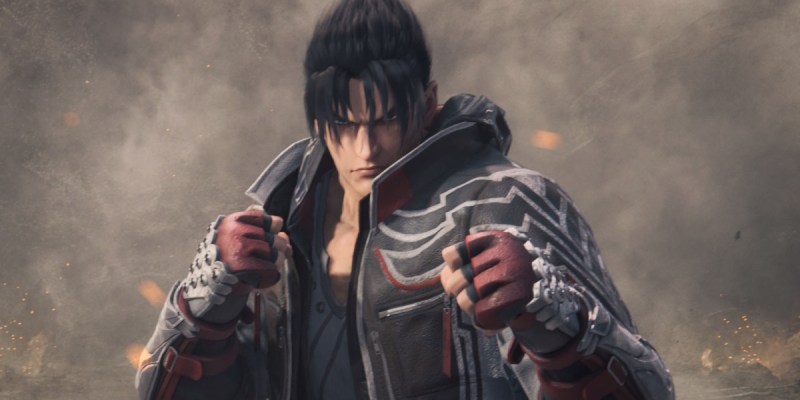
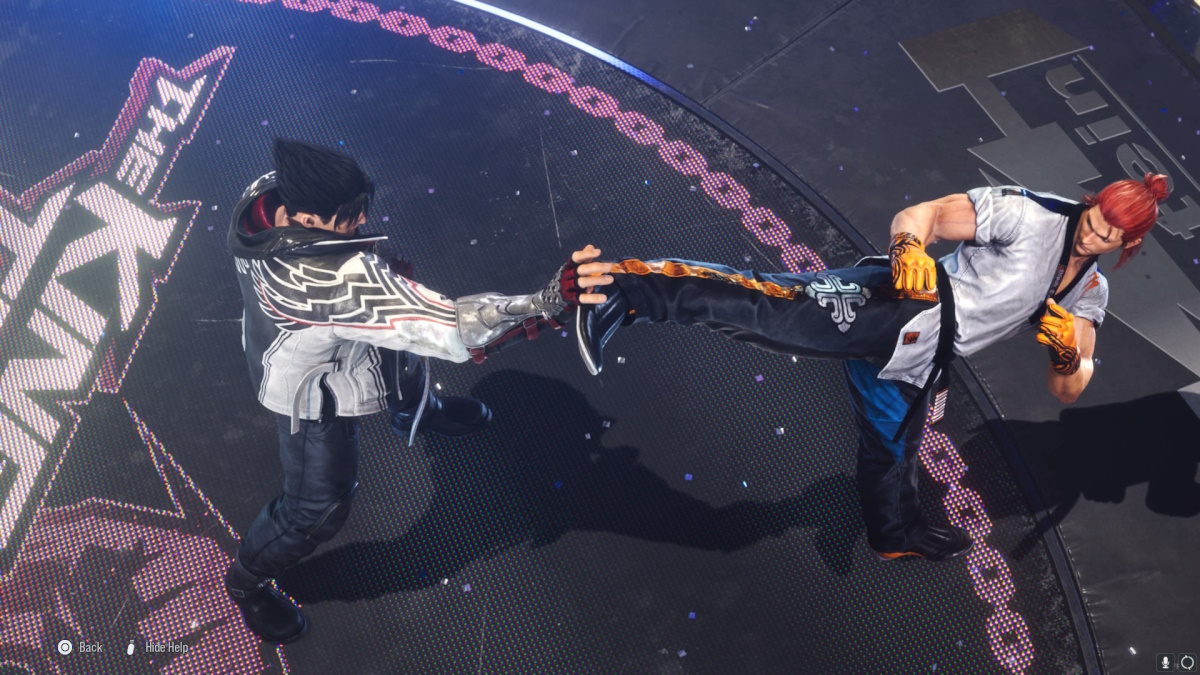
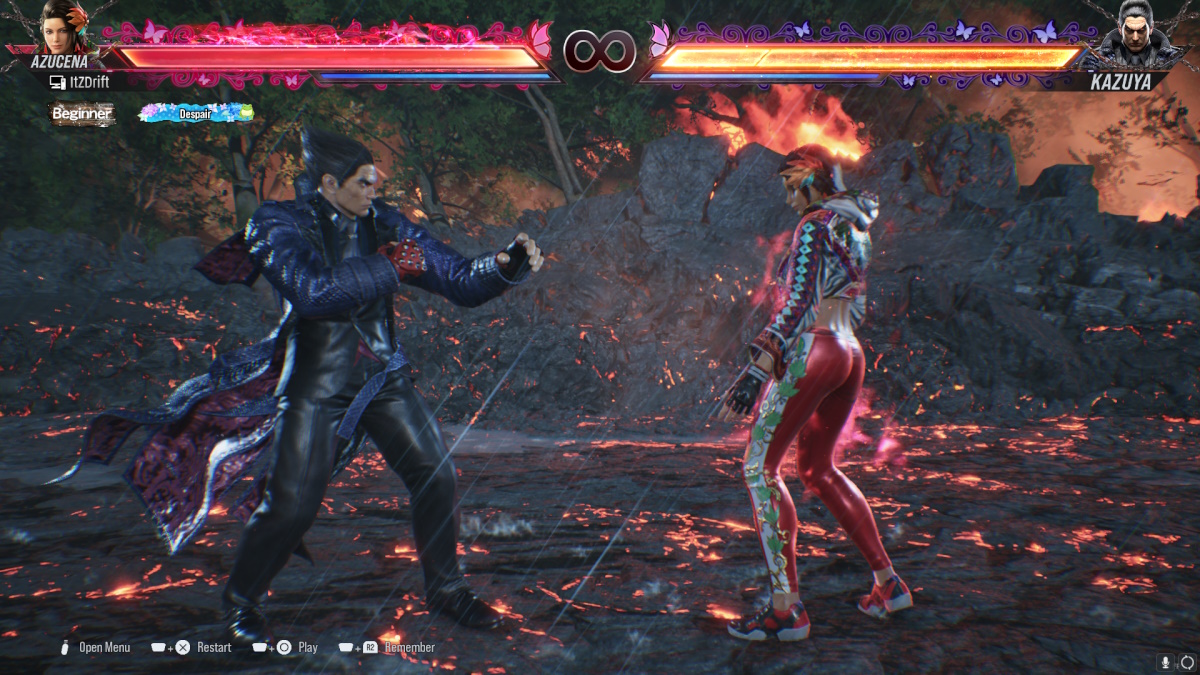
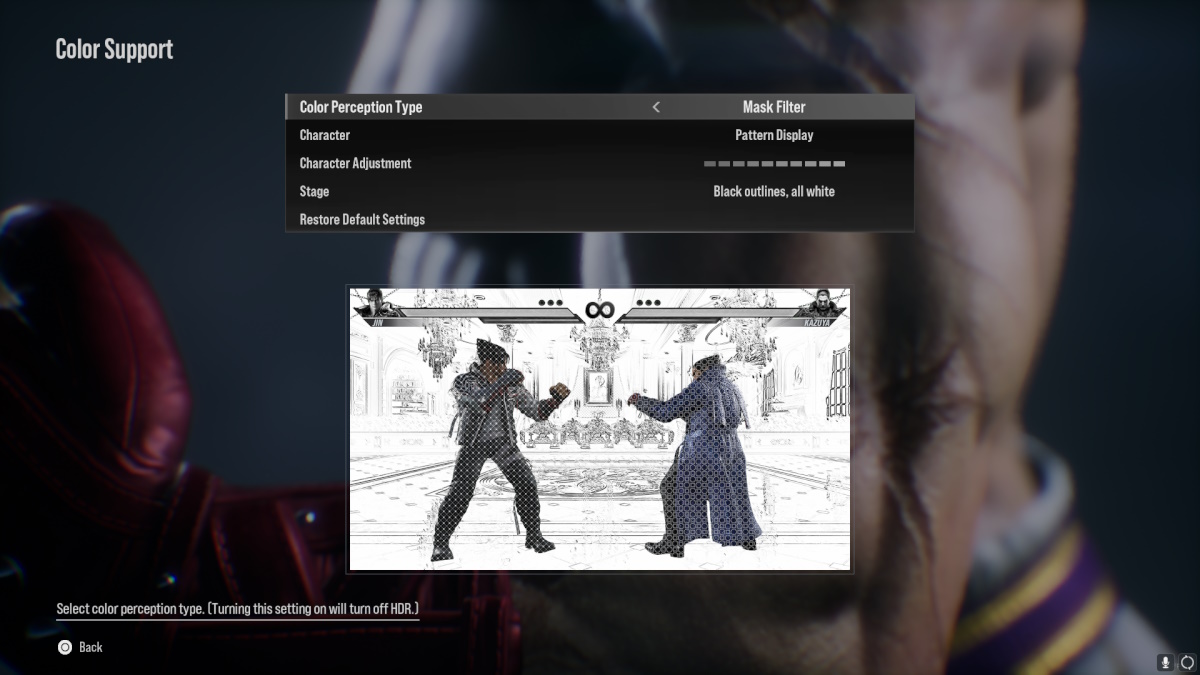
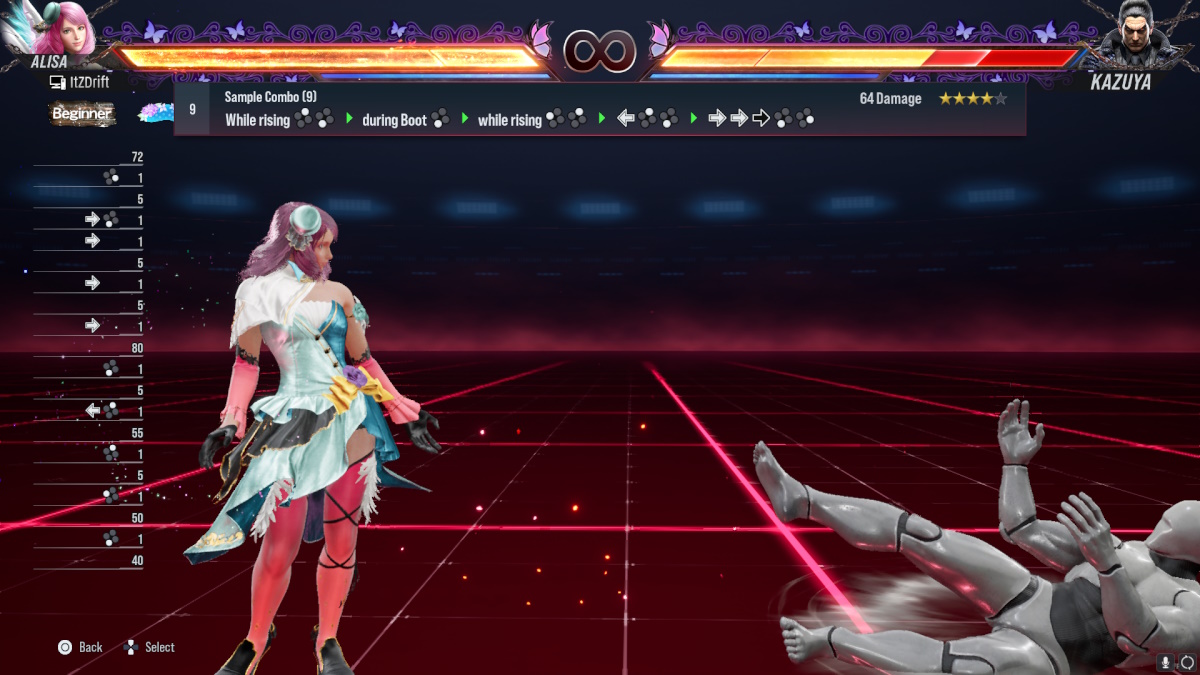
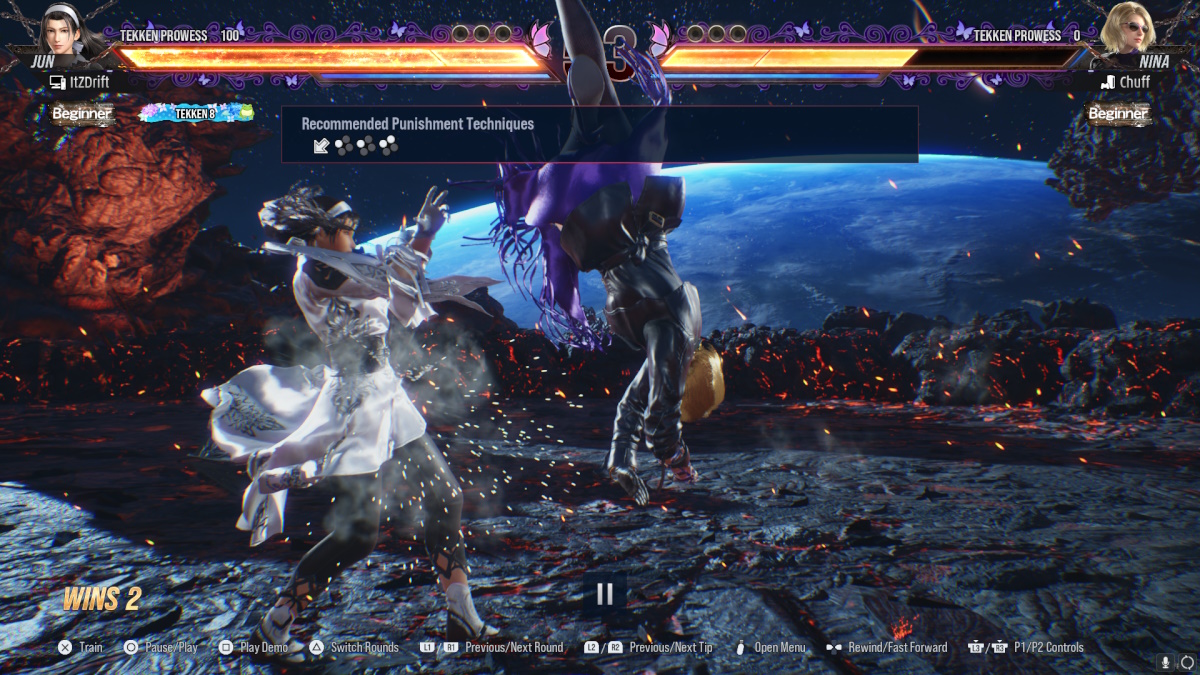
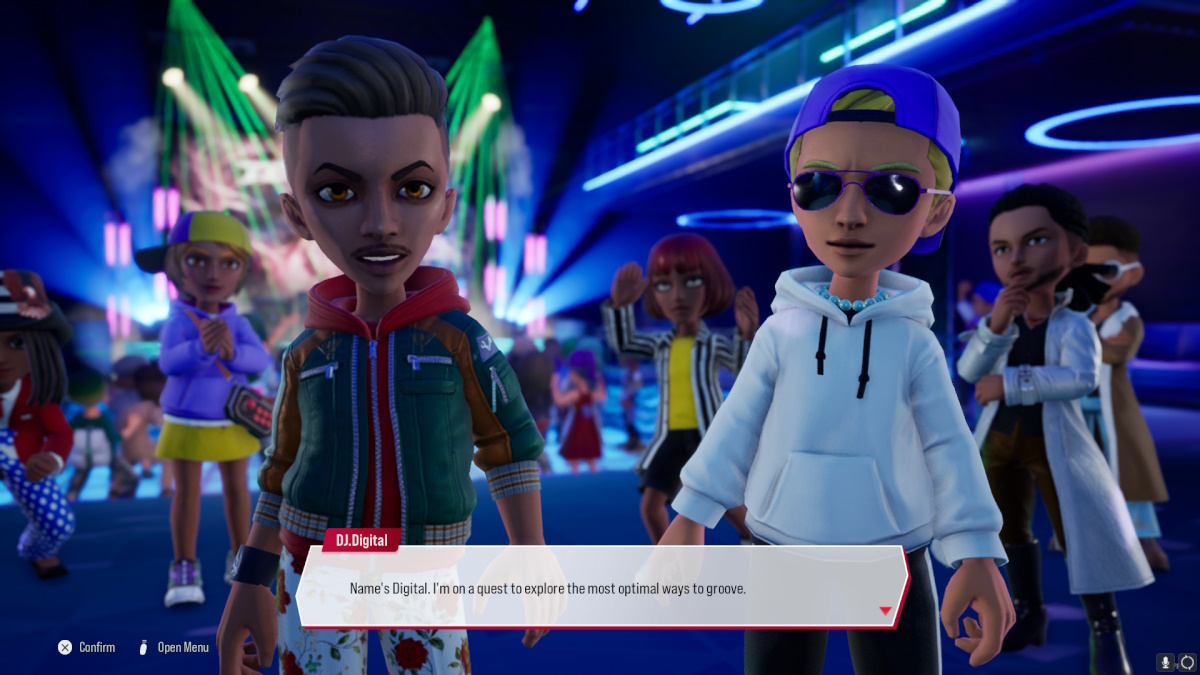
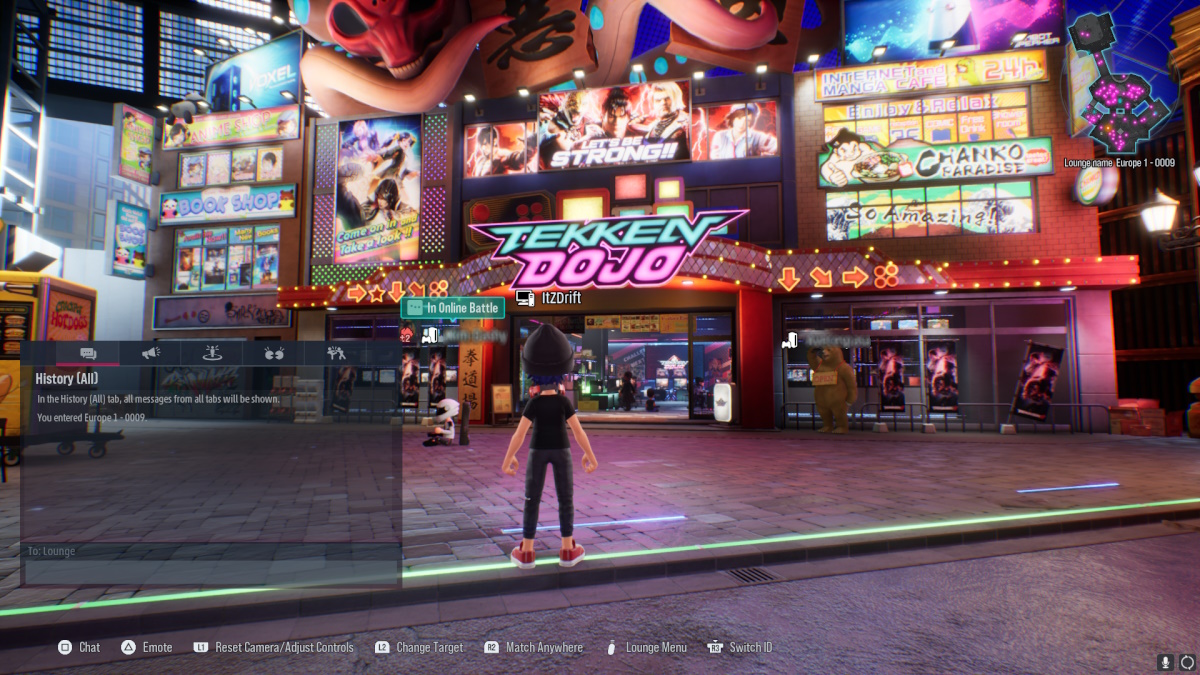
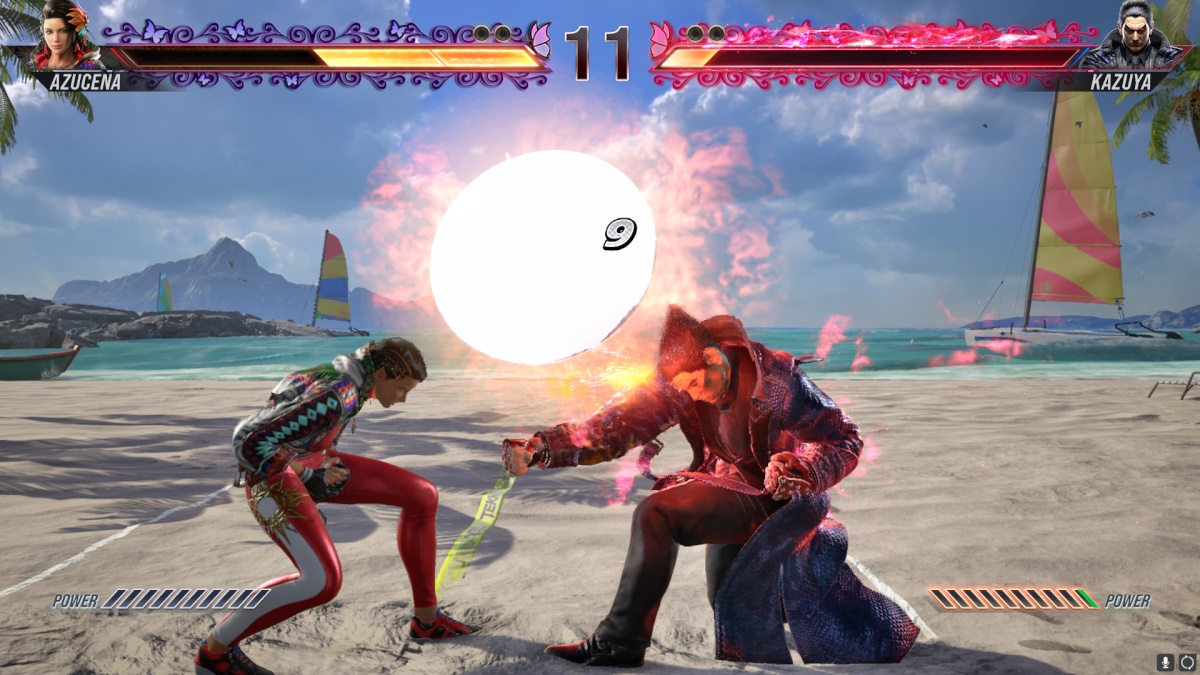
.jpeg)
.jpeg)




0 Comments